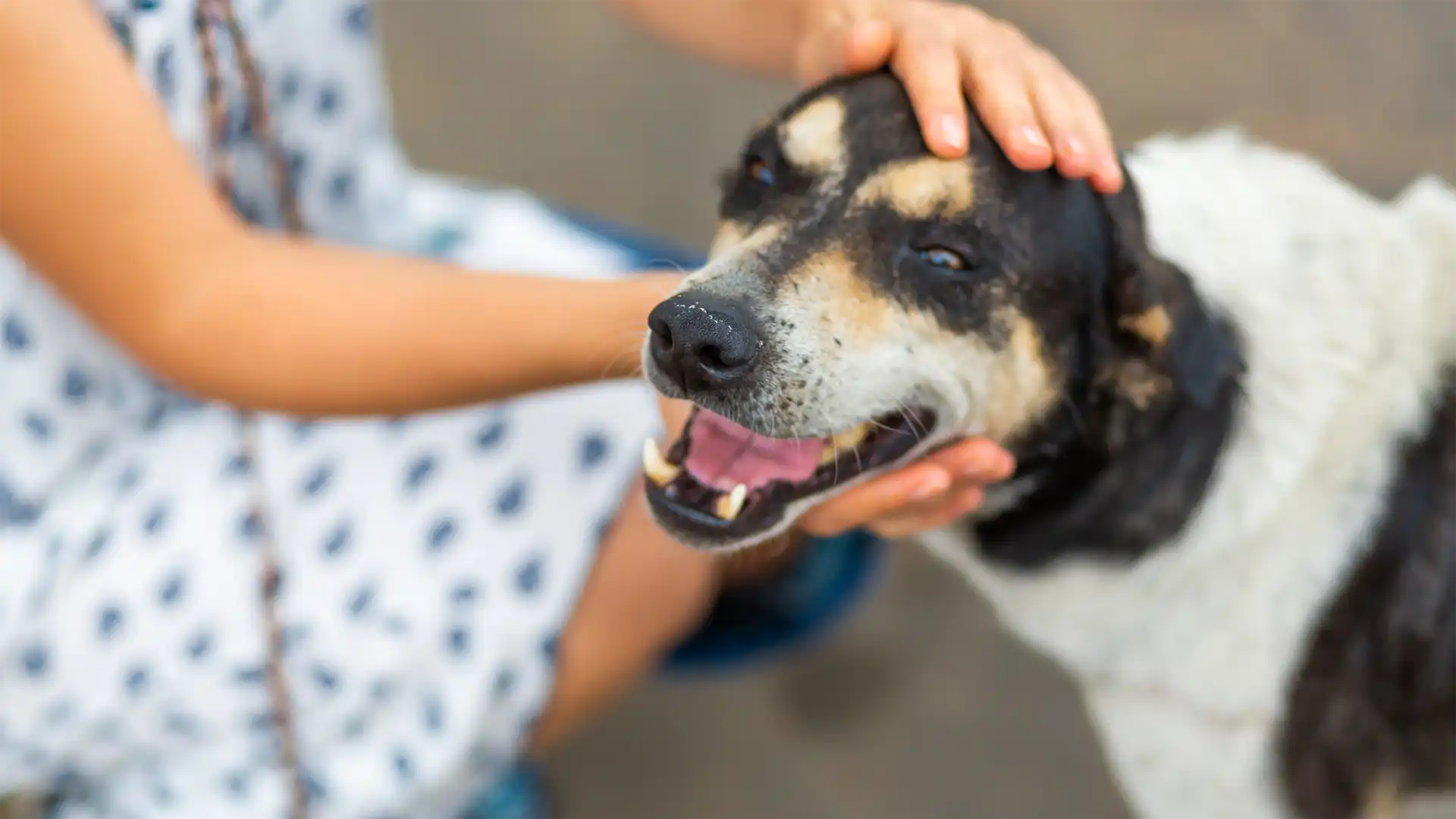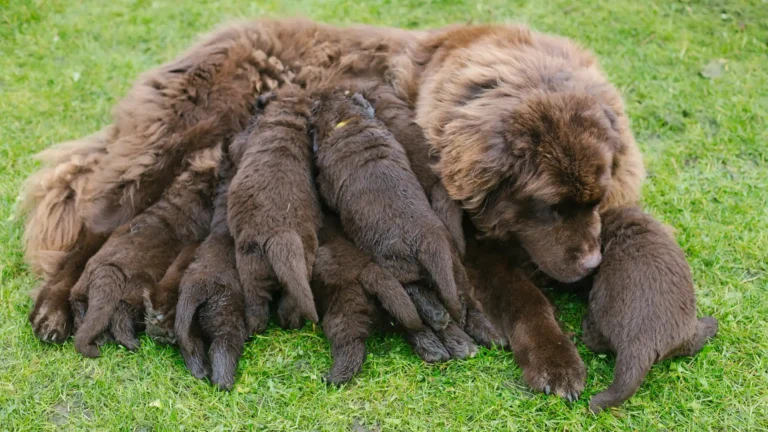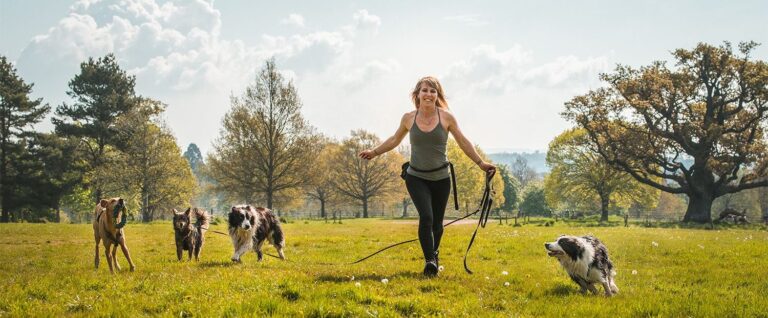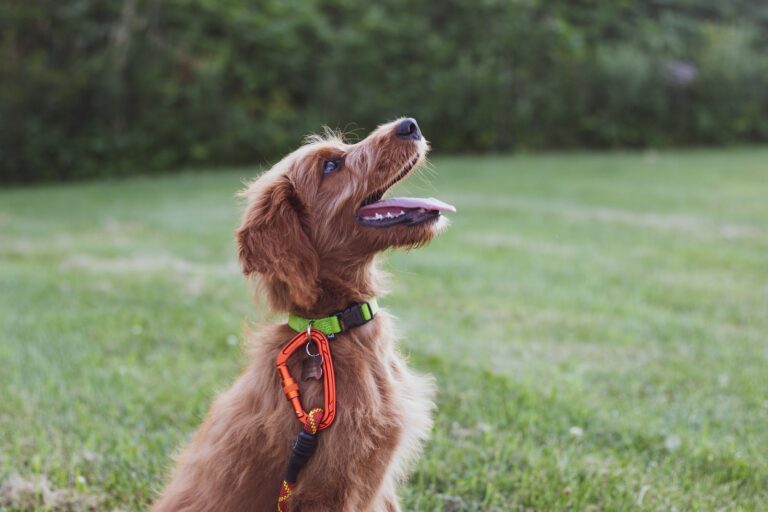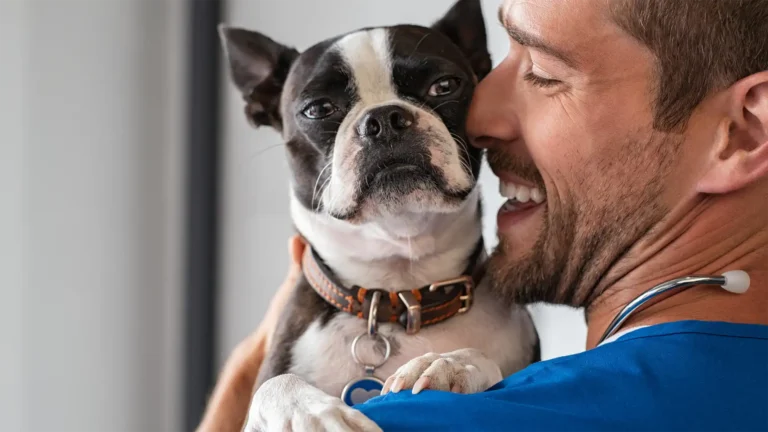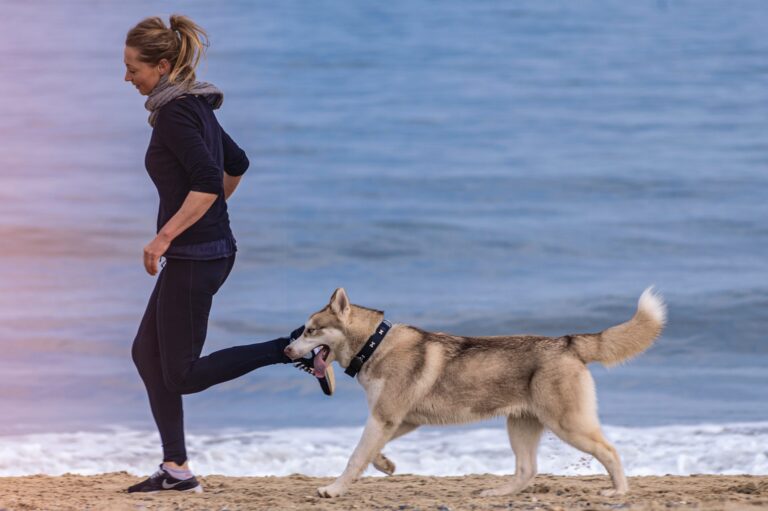Things to consider when getting a rescue dog
Article for Blue Pet Company by The Mutty Professor
Date 30st January 2023
Adopting dogs can be an incredibly rewarding experience. I have personally adopted five rescue dogs and currently live with two. Each one of them has been a loved member of my family. Whilst my most recent addition was my first purchased puppy- my next dog will probably be a rescue dog.
Are Rescue Dogs More Likely To Have Behaviour Problems Than Dogs Owned From a Puppy?
Puppies are not clean slates. Their genetics and early experiences can shape their behaviour into their adult lives. A puppy from poor breeding stock, who was raised in a low quality or welfare environment, who had health problems when young or who had poor quality social experiences is vulnerable to developing behaviour problems.
Research shows that adolescent dogs are more vulnerable to experiencing behaviour problems which can result in them being relinquished to rescue shelters. However, there are many reasons why dogs are relinquished to rescue and dogs of all ages can be surrendered to rescue.
It goes without saying that being relinquished to rescue or transported from overseas to their new home can be traumatising for dogs and subsequently, can affect their behaviour in many different ways.
Some dogs are remarkably resilient, and even those affected by the rescue and adoption process are able to recover with patience and consideration to their needs.
Choosing a rescue dog
It’s perhaps too easy to focus on looks or the dog’s background story, however, you should be focusing on the type of dog and what traits may be associated with their breed/type, age and current behaviours.
Consider how much exercise and mental stimulation a dog of their breed and structure will need. Will they be motivated to train? If they pull on the lead, will you physically be able to hold on (and then teach them to loose lead walk). Is the breed or type known to be good with children, people and/or dogs?
Too often I am having to manage expectations in owners about the breed or type of dog they have chosen (rescue or puppy). Rather than considering the best traits and qualities associated with a breed or type, we will be better prepared to imagine their worst and consider- will I be able to manage and train a dog with those traits?
What age dog should I get?
This largely depends on how much training input you want to give a dog and also whether you can emotionally cope with the potential for spending less years with a dog, should you choose to adopt an adult or senior.
A puppy will need a lot of time invested in creating positive social experiences and learning foundation behaviours that will help them adjust to their new lives. Even after they have settled in, puppies cannot be left alone as long as older dogs nor be walked for as long- which requires consideration.
Adolescent dogs often need a huge amount of management and input due to the brain development phase resulting in dysregulation of emotions and increased risk taking.
Adult dogs should, in theory, be better at regulating their emotions. However, if they have an existing behaviour problem which they have exhibited for a long time, this may be trickier to address- although, with a good positive reinforcement trainer, progress can still very likely be achieved.
If you are getting a senior dog, a highly rewarding experience, then it’s important to be aware of potential health problems, such as osteoarthritis or decrease in sensory ability, that you may be faced with following adoption.
However, it’s important to note that all dogs of all ages are vulnerable to developing health issues too!
Picking your rescue dog!
When adopting a rescue dog, it’s crucial to consider their potential nutritional needs and overall health. Adding additional vitamins and supplements like Blue Pet Co’s GoActive for Joint and Muscle chews can be beneficial, as the dog’s background story and possible malnourishment might be unknown. Providing them with the right support and care will help them recover and thrive in their new loving home. Remember, it’s not just about the looks or background; understanding the breed/type, age, and behaviours associated with the dog is essential.
Try and meet any potential rescue dog multiple times before taking them home. Try and observe them in as many contexts as you can so you can assess their behaviour, such as observing them in an exercise pen or walk location, in an indoor environment, around other people and other dogs.
If you have an existing dog, it is sensible to try and introduce them to see if they get on well. However, out of five rescue dogs, only one of mine was introduced on a provisional basis to my dogs- and the rest of them integrated fine! So, this isn’t a necessity.
Once you have chosen your rescue dog, you need to prepare your home for their arrival and plan the first 4 weeks of their news lives in preparation for settling them in.
You can view my blog for Blue Pet on settling your new rescue dog in here.
